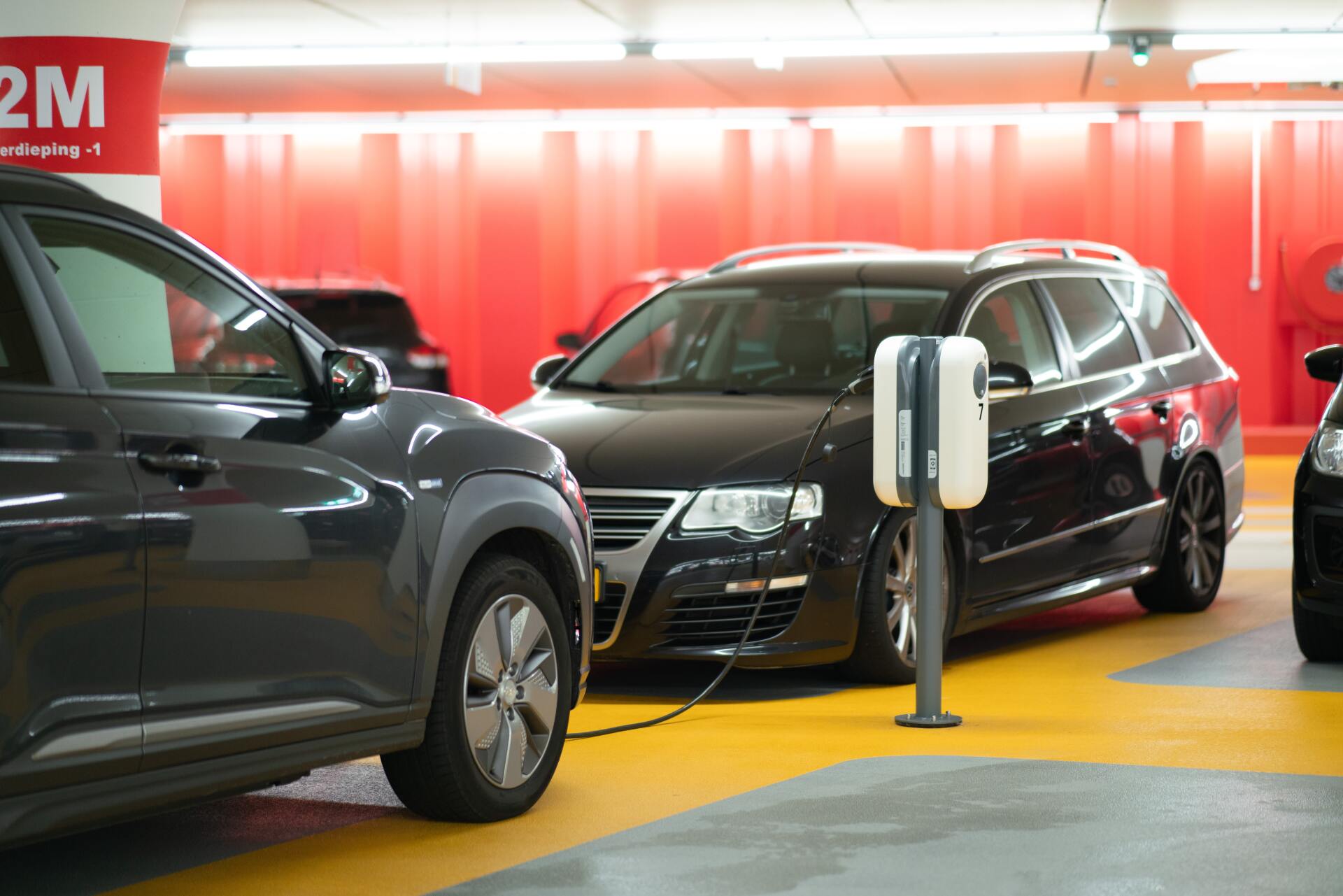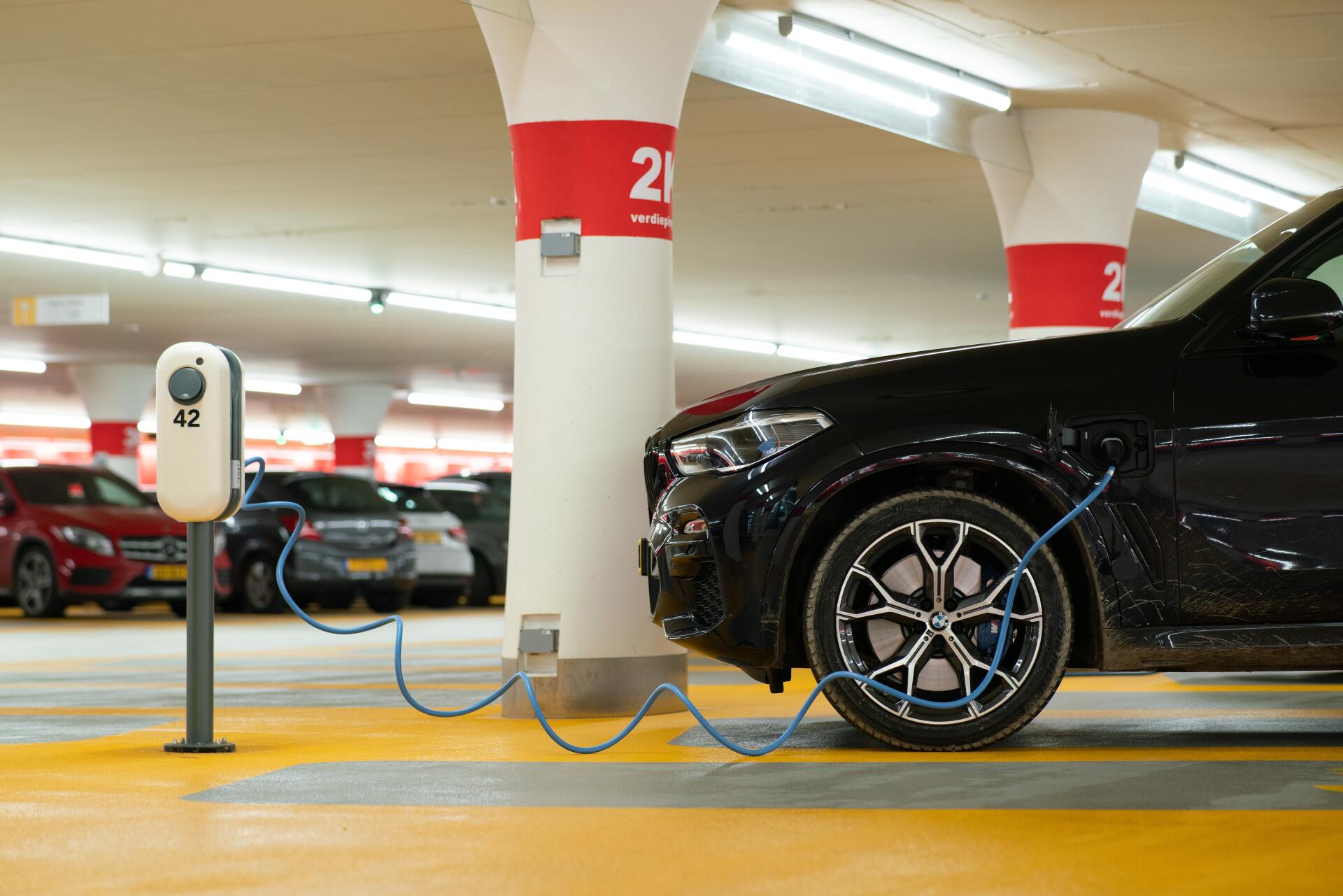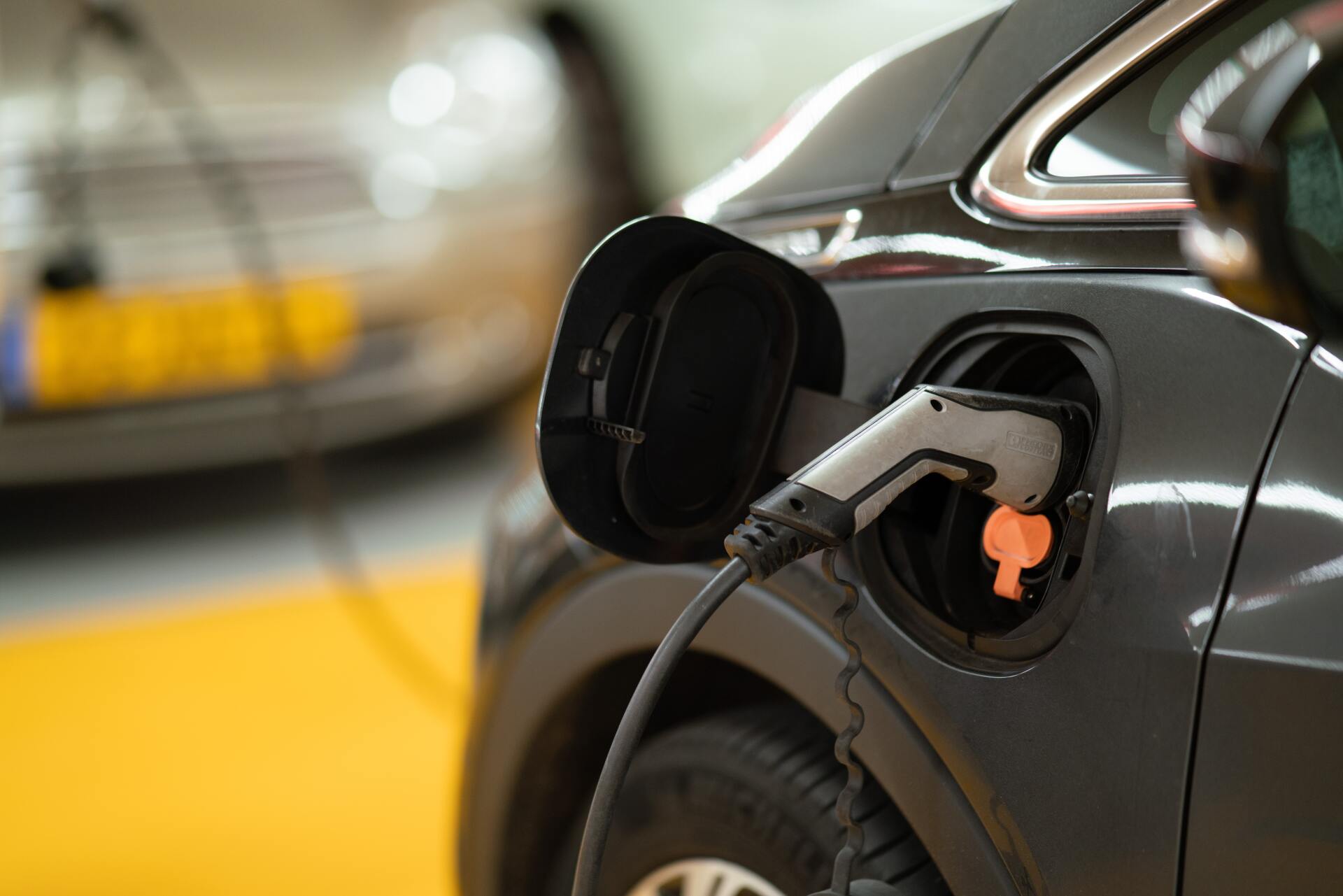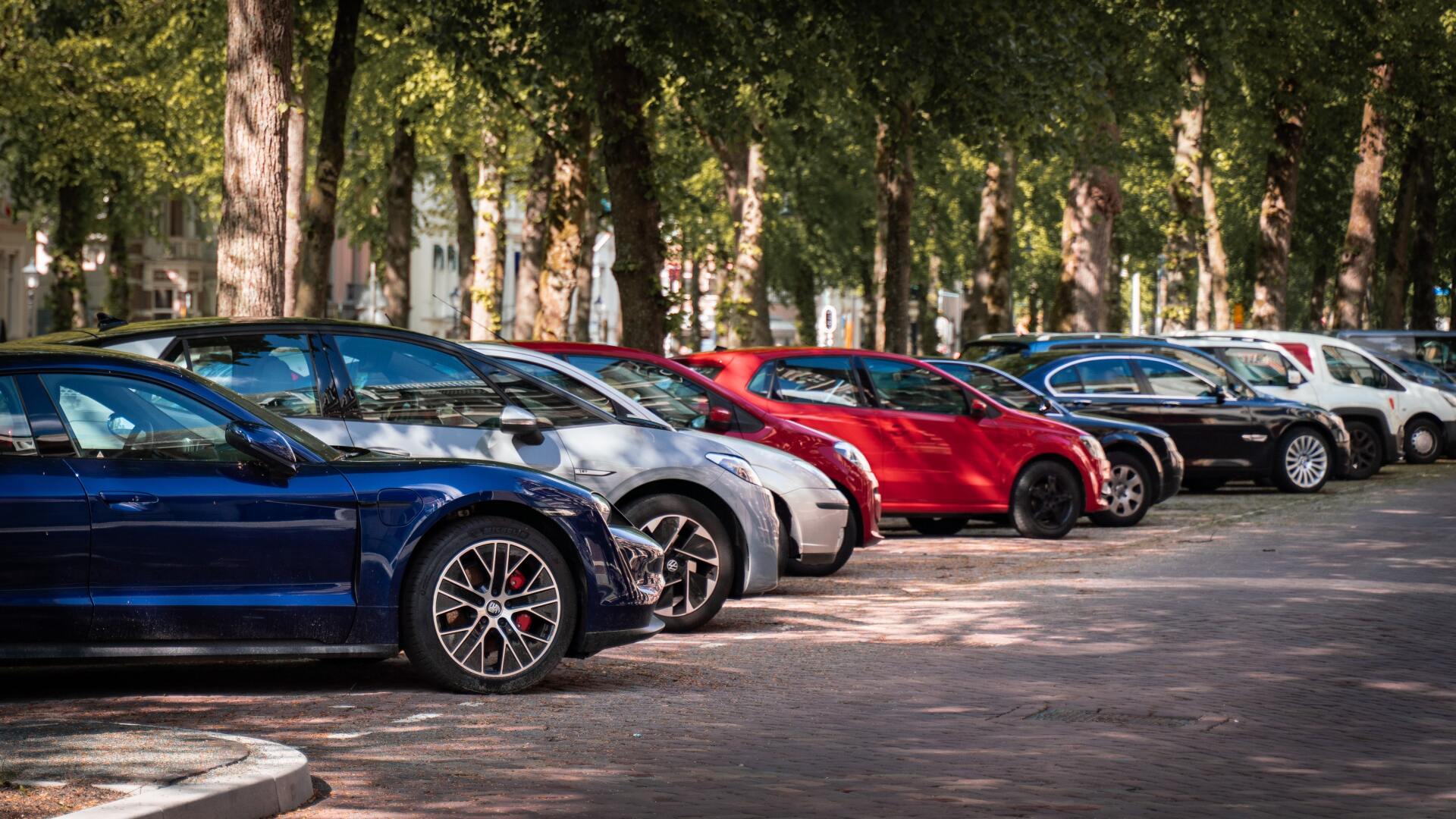The tax implications of owning and running an electric vehicle

Buying an electric vehicle
Vehicle excise duty on purchase
Vehicle excise duty is levied on every vehicle using public roads in the UK. First-year vehicle excise duty payments are related to carbon dioxide (CO2) and nitrogen oxide (NOx) emissions and range from nil to £2,245 per vehicle. No initial vehicle excise duty charge applies to ‘pure’ electric vehicles, being those which produce no CO2 and NOx emissions whilst being driven.
Corporation Tax and capital allowances on purchase
Historically, the CO2
emissions of a car determine the rate of capital allowances available. As such, most cars (non-electric vehicles) are eligible for either 18% writing down allowances (WDAs) or 6% WDAs depending on the car’s CO2 emissions.
An ‘electrically propelled’ car is propelled solely by electric power (i.e. it is an All-Electric Vehicle, or AEV). A car has low CO2 emissions where the emissions do not exceed 50g/km (typically, a Plug-in Hybrid Electric Vehicle, or PHEV).
The Government announced in its 2020 Budget that, for expenditure incurred on or after 1st April 2021, the First Year Allowance (FYA) will be restricted to new electrically propelled and zero-emission cars.
The March 2021 Budget introduced a super-deduction first-year capital allowance of 130% on qualifying plant and machinery investments from 1 April 2021 to 31 March 2023. The super-deduction is not available for electric cars; however, commercial electric vehicles such as vans, lorries, buses, taxis and tractors do qualify, as would investment in qualifying infrastructure such as charging points (more details below) and associated engineering works.
VAT on purchase
The same VAT rules apply to electric and non-electric vehicles: VAT is charged 20% on both. As a general rule, VAT on cars cannot be recovered.
However, subject to the businesses partial exemption status, businesses can reclaim the full amount of VAT paid on commercial vehicles and on cars provided they are not available for private use. Half of the input VAT can be reclaimed on leased cars.
Electric charge points – installation costs
Where the business installs, new and unused charging points for electric vehicles up to 31st March 2023, it can claim a 100% FYA for the installation costs of an electric vehicle charging point. Qualifying expenditure can include the charging point itself and alteration of land for installing it. Plus, it can also include any costs of modification to supply electricity to the charging point.
Some of the expenditure may also qualify for the new super deduction equating to a 130% enhanced deduction of the total cost. In order to qualify for the deduction, expenditure must be on a new, unused electric vehicle charging – not second-hand charging facilities.
VAT incurred on infrastructure costs such as charging points and associated engineering works can be recovered under the normal rules, provided that the charging points are supplied to the business.
If the business pays for the installation of charging points at employees’ homes, then the charging point is supplied to the employee and the VAT cannot be recovered.
Electric charge points – charging costs
Own vehicle – From 6th April 2018, where the company allows employees to charge their own electric vehicles at the workplace, there is no taxable benefit for the provision of that free electricity.
For this tax exemption to apply, the charging facilities must be provided at or near the workplace, which is the same requirement that applies to tax-free workplace parking. This tax exemption does not apply if the employer reimburses the costs of charging the employee’s own vehicle at your home.
Businesses can pay employees an approved amount of mileage allowance payments each year for using their own vehicle for business journeys without having to report them to HMRC. The same rates apply to electric and non-electric vehicles: 45p for the first 10,000 business miles in a tax year; then 25p for each subsequent mile for income tax purposes and 45p for all business miles for NI purposes.
Company vehicle – Where the employer pays for the cost of charging a company-provided electric vehicle there is no taxable fuel benefit for the driver, as electricity is not classified as a fuel for the car or van benefit regulations.
Where the driver of the company-owned electric vehicle pays for the electricity to power it, either from their domestic supply or by charging at a roadside station, the employer may reimburse the employee for that cost. The employer can pay the company car driver 4p per mile, to reimburse them for the cost of the electricity used for business journeys with no tax implications. This rate only applies to company-owned electric cars, not to private vehicles.
Ongoing usage
Fuel duties and VAT on fuel
The headline rate of fuel duty on standard petrol, diesel, biodiesel and bioethanol is 57.95p per litre (and has been frozen at that rate since 2011/12).
VAT is applied after fuel duty and so the price of a litre of petrol reflects the pre-tax price plus 57.95p for fuel duty, plus 20% VAT on the pre-tax price and a further 11.59p for VAT at 20% on the fuel duty.
Fuel duty is not charged on electricity used to charge electric vehicles, but it will be subject to the normal climate change levy rules. Where the electricity is supplied to an individual at domestic premises, no climate change levy is charged. However, where it is supplied for business use, such as charge point operations, the climate change levy is charged at 0.775p per kWh and will form a component of the cost of charging at public charging points. As for fuel duty, VAT is applied after the climate change levy.
Vehicle excise duty
Whilst first-year vehicle excise duty payments are based on emissions, subsequent payments are not. That is to say, the ongoing vehicle excise duty cost of a petrol or diesel vehicle is the same regardless of the level of CO2 and NOx emissions. However, no vehicle excise duty applies to pure electric vehicles which produce no CO2
and NOx emissions whilst being driven.
VAT
Businesses can usually reclaim the VAT for all business-related running and maintenance costs, such as repairs or off-street parking, even if they could not reclaim VAT on the vehicle itself.
The VAT position on the supply of electricity for charging electric vehicles has long been unclear. On 25 May 2021, HMRC confirmed its policy which included:
- sole proprietors may recover input VAT on the business use proportion of home-based charging, and all input VAT on charging that is done elsewhere;
- businesses may not recover VAT charged on supplies of electricity to charge employees’ electric vehicles at their home, even where there is business use.
Employees
An increasing number of businesses are providing electric vehicles, or the charging thereof, as part of their employee benefit packages; it can be a tax efficient form of remuneration.
Benefit in kind charge: vehicle
The benefit in kind value for cars provided to employees is calculated by applying a rate to the value of the car. The rate depends on the car’s CO2 emissions: the normal maximum is 37%. The rates for pure electric vehicles are 1% for 2021/22, and 2% subsequently. The rates for hybrid electric cars are up to 14%.
The normal van benefit charge is £3,500 per year. From 6 April 2021, the van benefit charge is nil for all company vans that emit no carbon emissions.
Benefit in kind charge: charging
HMRC currently considers that electricity is not a fuel for car fuel benefit purposes. Unfortunately, it is not that simple. The benefit in kind consequences associated with charging electric cars varies significantly depending on factors including whether the car is a company car made available for private use or an employee’s car used for business purposes and whether the charging occurs at work or at home.
Sources:
https://www:taxadvisermagazine.com/article/charging-towards-future
https://www.thefriendlyaccountants.co.uk/tax-treatment-of-electric-vehicle-charging-points/
Photos by Michael Fousert on Unsplash
More from our blog...





















